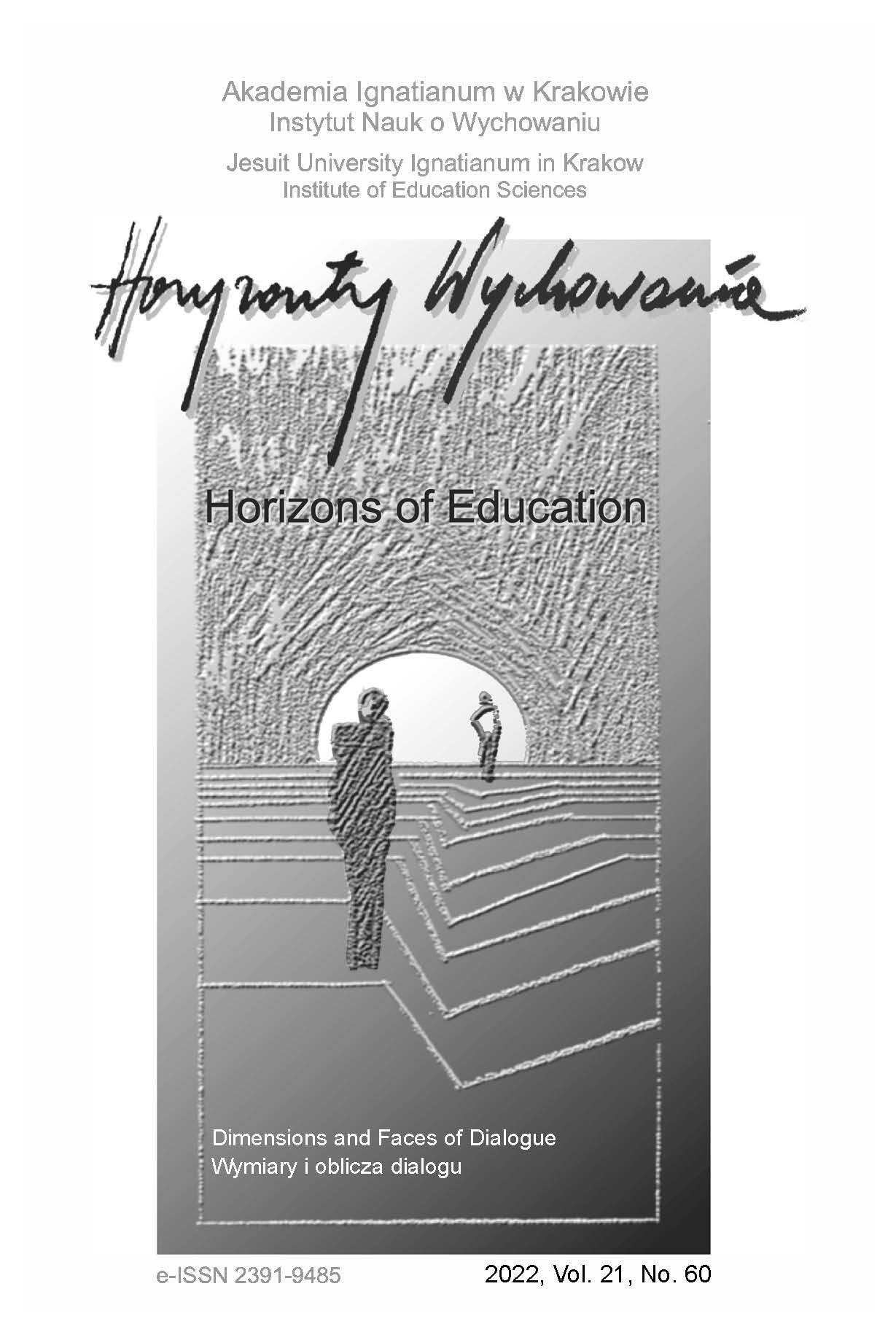Pursuit Eye Movements in the Context of Speech Development in Children with ASD
Pursuit Eye Movements in the Context of Speech Development in Children with ASD
Author(s): Tamara Cierpiałowska, Elżbieta Lubińska-Kościółek, Jolanta ZielińskaSubject(s): Clinical psychology, Pedagogy
Published by: Uniwersytet Ignatianum w Krakowie
Keywords: autism spectrum disorder; eye tracking; smooth pursuit; language communication; early intervention;
Summary/Abstract: RESEARCH OBJECTIVE: The main goal of the presented research was to assess the pursuit eye movement of five- and six-year-old children with ASD in the context of speech development.RESEARCH PROBLEM AND METHODS: The research concerns the oculomotor activity of children with ASD in the situation of tracking slowly moving objects. The research questions refers to the relationships between the tracking movements and the dynamics of the speech development of the research participants, and to their current abilities in this area. The eye tracking method was used in the research.THE PROCESS OF ARGUMENTATION: We presented the basic information about the vision process, with particular emphasis on the role of the pursuit eye movement. We also described the research on the importance of eye movement in the process of acquiring communication skills, building social relationships and effective functioning.RESEARCH RESULTS: The obtained results indicate the correlation between the independent variable (the pattern of smooth pursuit presented by the children taking part in the research), and the dynamics of disorder development and the level of speech development in the children with reference to the analyses of other authors.CONCLUSIONS, INNOVATIONS AND RECOMMENDATIONS: The conducted analyses revealed strong and moderate correlations between the variables and made it possible for the author to confirm the main hypothesis that the eye movements while tracking slow-moving objects in all directions are characterized by variability related to the dynamics of speech development in early childhood and the current abnormalities in this area among the research participants. The obtained results indicate the necessity to start vision training in children with ASD as early as possible.
Journal: Horyzonty Wychowania
- Issue Year: 21/2022
- Issue No: 60
- Page Range: 113-123
- Page Count: 11
- Language: English

